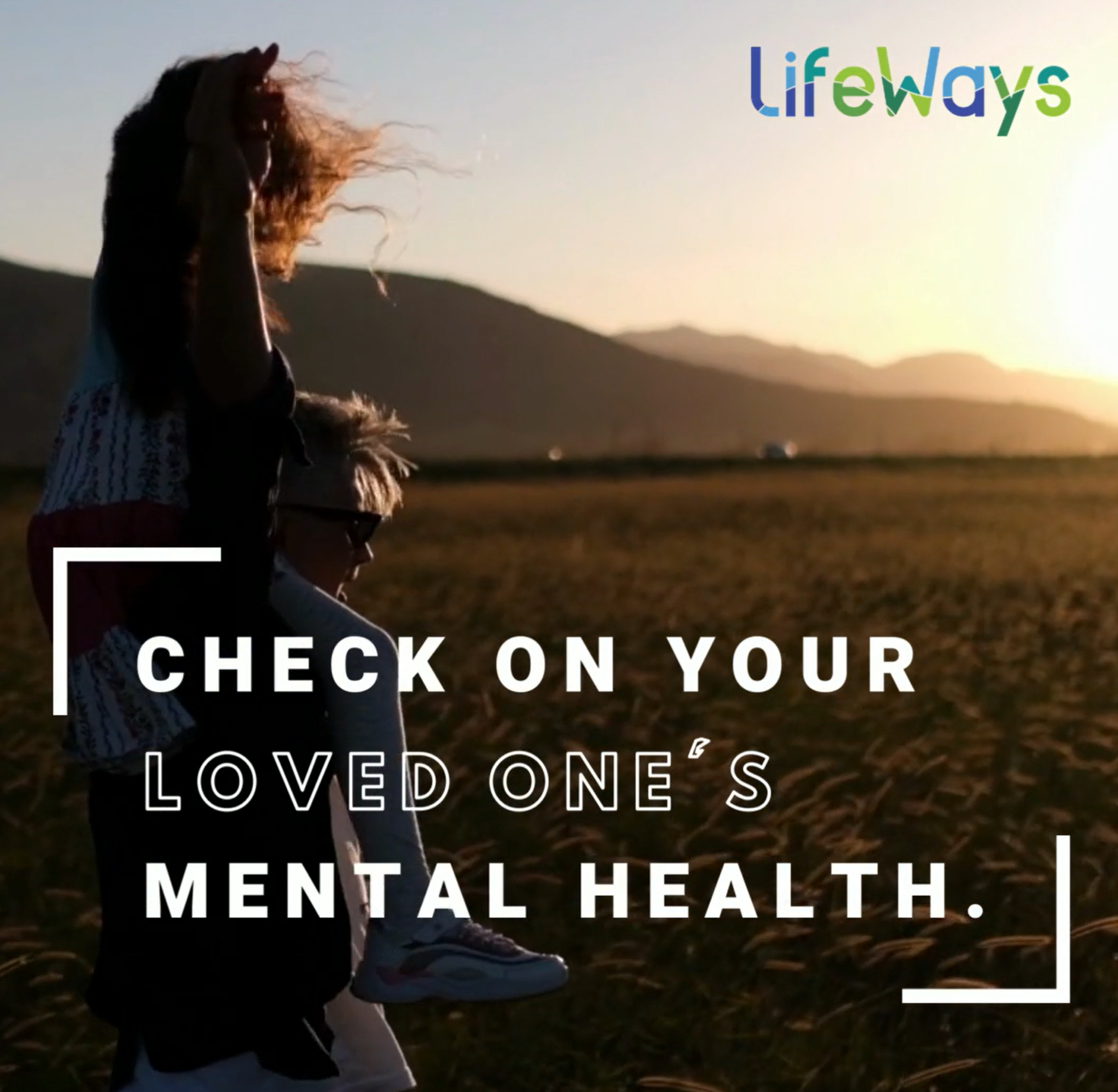SUPPORTING A LOVED ONES RECOVERY FROM A SUBSTANCE USE DISORDER
WHAT IS RECOVERY
SAMHSA's working definition of recovery defines recovery as a process of change through which individuals improve their health and wellness, live self-directed lives, and strive to reach their full potential.
Guiding Principles for Recovery
Hope, the belief that these challenges and conditions can be overcome, is the foundation of recovery. A person’s recovery is built on his or her strengths, talents, coping abilities, resources, and inherent values. It is holistic, addresses the whole person and their community, and is supported by peers, friends, and family members.
The process of recovery is highly personal and occurs via many pathways. It may include clinical treatment, medications, faith-based approaches, peer support, family support, self-care, and other approaches. Recovery is characterized by continual growth and improvement in one’s health and wellness and managing setbacks. Because setbacks are a natural part of life, resilience becomes a key component of recovery.
SAMHSA’s Four Major Dimensions of Recovery
Health: overcoming or managing one’s disease(s) or symptoms, and making informed, healthy choices that support physical and emotional well-being
Home: having a stable and safe place to live
Purpose: conducting meaningful daily activities, such as a job, school volunteerism, family caretaking, or creative endeavors, and the independence, income, and resources to participate in society
Community: having relationships and social networks that provide support, friendship, love, and hope
7 WAYS TO SUPPORT YOUR LOVED ONE’S RECOVERY
Take care of yourself, too
Substance Use Disorders not only affect the person who is struggling, but everyone close to them. If you find yourself placing the needs of your loved one above your own, you may also find that you are not providing yourself enough self-care too. Taking care of yourself both physical and emotionally first will make you a better support for your loved one as they recover.
Remember that substance use disorders are just that, disorders
It can be natural to get frustrated with your loved one when you see them doing something that’s harmful to their health. For your own well-being, you may need to occasionally limit you contact if that person is actively using substances or alcohol.
But be wary of making your loved one feel like an outcast. This can lead to feelings of shame and make them less comfortable reaching out for support when they need or desire it.
Recognize that you may not know a lot about substance use disorders
As with ay chronic illness, the more informed you are the better you will be able to support your loved one. You can help yourself and your loved one, by seeking to become more educated about substance use disorders.
You can learn more about interventions, treatment methods, and recovery programs. Seek professional help on how to approach your loved one about their substance use do they can get proper treatment by calling LifeWays at 1 (800) 284-8288.
Be careful not to use your love against them
Try to avoid saying things like, “If you loved me, you’d quit.” This is a damaging behavior that almost never works. Instead, try to verbalize your concerns. “Say, I love you. How can I help you in your recovery?” Remind them often that you are ready and willing to support them. Remind them they are valued, they can do this, and they are not alone.
Know that you can give support without enabling addiction
Substance Use can put severe strain on or deplete someone’s finances, cause legal trouble, and at times physical danger. Often, trying to protect loved ones from those consequences can lead to enabling the substance use to get worse.
Providing emotional and material support is helpful and healthy. However, it is important to let your loved ones know you will only be supporting their recovery efforts – nothing else. Focus on supporting your loved one’s healthy, future goals, such as continuing education or finding a job.
Let them learn from their mistakes
Those supporting a loved one through a substance use disorder often find themselves wishing they could do more to help. However, it is important to allow your loved one to learn to how to reject temptation by themselves and to let them speak about their problems with substance use without shame. Your role is to help them if they slip, as well as giving them love and encouragement.
Understand that recovery support is a lifelong process
Remember that change is not only gradual, but it has ups and downs. As time goes on in sobriety, the chances for relapse drop. Also bear in mind that relapses are not an indication of failure. Instead, they are a sign that the method of treatment needs to be changed. Your loved one may relapse several times before finding an effective treatment method that keeps them on track.


